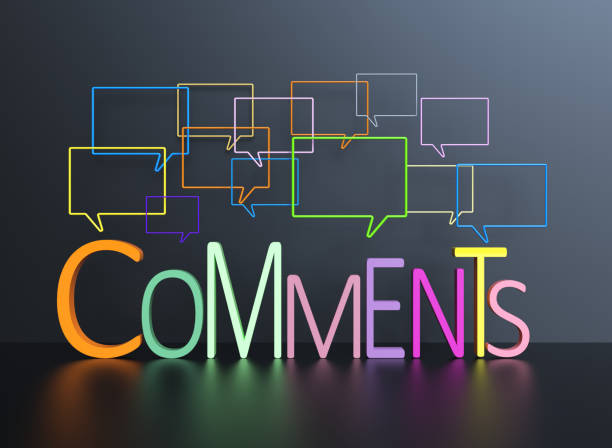Discover how cinema shapes respectful communication through dialogue, character dynamics, and storytelling — and how you can learn from it.
What Are Cinematic Compliments?
Cinematic compliments refer to the subtle yet powerful ways films model polite expression , respectful communication , and emotional intelligence . Through dialogue, tone, and character interactions, movies often serve as unofficial teachers of social etiquette , offering viewers a chance to observe and learn courteous speech in a variety of contexts.
Whether it’s the refined language of period dramas or the diplomatic exchanges in modern comedies, cinema influences how we speak, listen, and respond — especially in emotionally charged or formal situations.
Films That Model Respectful Communication
Certain films stand out for their portrayal of polite, empathetic, and well-mannered dialogue . These movies not only entertain but also educate audiences on the importance of soft-spoken persuasion, active listening, and emotional awareness .
1. Pride & Prejudice (2005)
The film showcases formal yet emotionally intelligent communication , especially in the evolving relationship between Elizabeth Bennet and Mr. Darcy. Their verbal sparring is sharp but respectful, offering a masterclass in assertiveness without aggression .
2. The King’s Speech (2010)
This film emphasizes the power of language and tone , especially in leadership. King George VI’s journey to overcome his stutter teaches us that confidence and politeness are not mutually exclusive .
3. Amélie (2001)
Amélie Poulain’s gentle, observant nature and courteous interactions highlight how small acts of kindness and polite speech can transform lives.
4. The Grand Budapest Hotel (2014)
Wes Anderson’s film is a lesson in elegant dialogue , formal address , and professional courtesy , especially through the character of M. Gustave.
5. Clueless (1995)
Though a teen comedy, Clueless subtly models diplomatic communication , especially in how characters navigate misunderstandings with humor and grace.
How to Learn Polite Expression from Movies
Films can be powerful tools for improving your communication skills. Here’s how to learn from them:
1. Observe Dialogue Styles
Pay attention to how characters speak — not just what they say, but how they say it. Note tone, pauses, and word choice.
2. Notice Conflict Resolution
Watch how characters handle disagreements. Do they use “I” statements? Do they apologize sincerely?
3. Imitate Polite Speech Patterns
Repeat and practice phrases you admire. For example:
- “I appreciate your perspective.”
- “Would you mind if we discussed this another time?”
- “I understand your point — may I share mine?”
4. Reflect on Emotional Intelligence
Characters like Atticus Finch (To Kill a Mockingbird ) or Eleanor Roosevelt (Hyde Park on Hudson ) model empathy, patience, and calm under pressure .
5. Apply What You Learn
Use polite expressions you’ve picked up in real-life conversations. Over time, they’ll become second nature.
Why Polite Expression Matters
Polite expression isn’t about being passive or overly formal — it’s about showing respect , building rapport , and creating space for others to be heard .
In real life, polite speech can:
- Reduce misunderstandings
- Improve workplace dynamics
- Strengthen personal relationships
- Enhance emotional intelligence
Movies often dramatize these outcomes, showing how a single well-placed compliment or a tactful phrase can change the course of a conversation — or even a story.
Cinematic Compliments in Different Cultures
Cinema from around the world offers diverse perspectives on politeness and communication :
- Japanese films like Shoplifters or Still Walking emphasize indirect speech , respect for hierarchy , and nonverbal politeness .
- French cinema , such as Amélie or Love Actually , often blends romanticism with formality .
- American films like The Social Network or The Devil Wears Prada highlight professional etiquette and assertive politeness .
By watching international films, you can broaden your understanding of cultural norms in communication and become a more culturally sensitive communicator .
FAQ: Common Questions About Cinematic Compliments
Q: Can watching films really help improve polite speech?
A: Yes! Many films showcase respectful communication styles that viewers can learn from and adopt in daily life.
Q: What are some films that teach good manners and etiquette?
A: The King’s Speech , Pride & Prejudice , Amélie , and Clueless all offer valuable lessons in polite expression.
Q: How can I use cinematic compliments in real life?
A: Observe how characters handle difficult conversations, use “I” statements, and show empathy through speech.
Q: Are cinematic compliments relevant in professional settings?
A: Absolutely. Films like The Devil Wears Prada and The Social Network demonstrate how to balance confidence with respect.
Q: Is polite speech outdated in modern communication?
A: Not at all. Polite speech remains a cornerstone of emotional intelligence and effective communication in any era.





